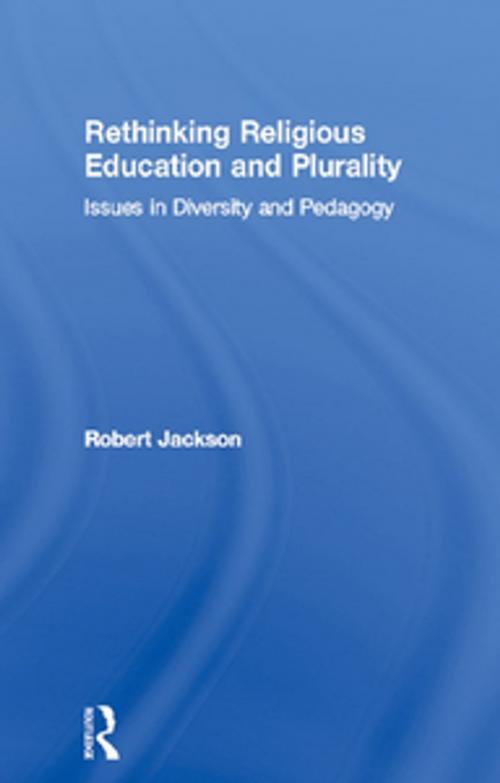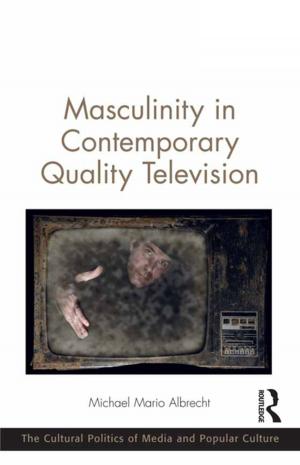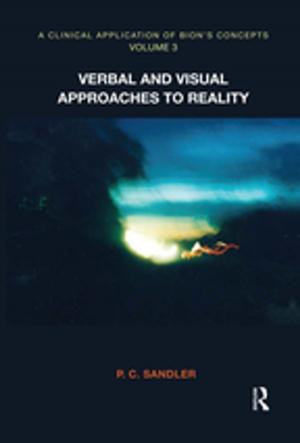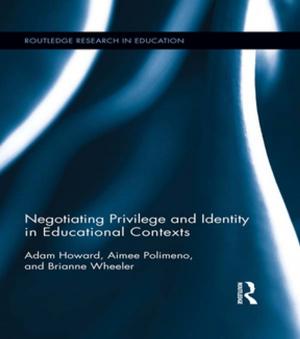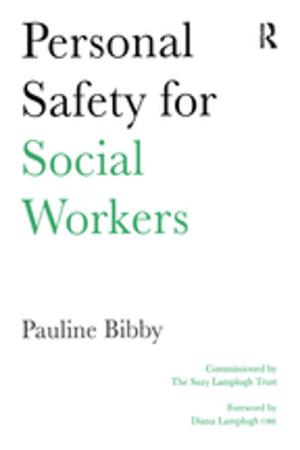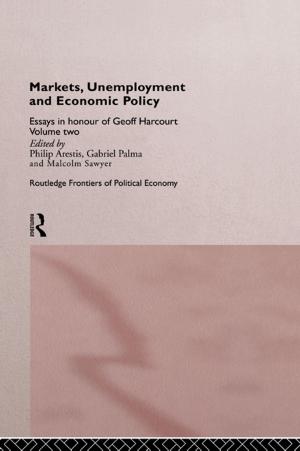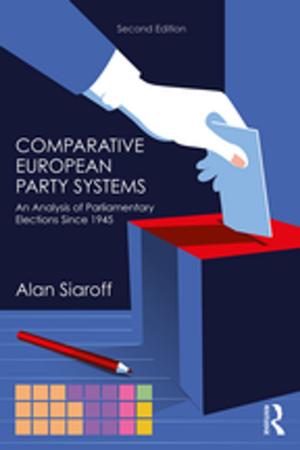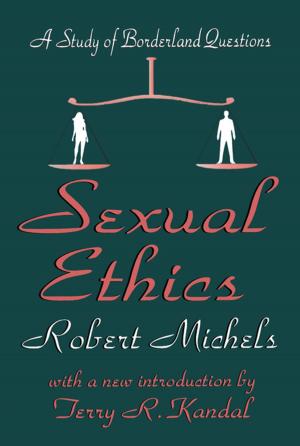Rethinking Religious Education and Plurality
Issues in Diversity and Pedagogy
Nonfiction, Reference & Language, Education & Teaching| Author: | Robert Jackson | ISBN: | 9781134414505 |
| Publisher: | Taylor and Francis | Publication: | February 1, 2013 |
| Imprint: | Routledge | Language: | English |
| Author: | Robert Jackson |
| ISBN: | 9781134414505 |
| Publisher: | Taylor and Francis |
| Publication: | February 1, 2013 |
| Imprint: | Routledge |
| Language: | English |
How should schools deal with religions in matters of curriculum, procedure and policy?
As Western society becomes increasingly multicultural in character, schools must reassess the provision of religious education and look at how they might adapt in order to accommodate students' diverse experiences of plurality. This book offers a critical view of approaches to the treatment of different religions in contemporary education, in order to devise approaches to teaching and learning, and to formulate policies and procedures that are fair and just to all.
Beginning with a contextual overview of the religious, social and cultural changes of the past fifty years, the book goes on to illuminate and assess six different responses to the challenges posed by religious plurality in schools. Conclusions are drawn from the various positions explored in this book, identifying what the character of religious education should be, how it should be taught and addressing the issues raised for policy, practice and research.
Rethinking Religious Education and Plurality argues for a plural approach to education and will be a valuable resource for students and researchers studying courses in religious education as well as teachers, education advisers and policy makers.
How should schools deal with religions in matters of curriculum, procedure and policy?
As Western society becomes increasingly multicultural in character, schools must reassess the provision of religious education and look at how they might adapt in order to accommodate students' diverse experiences of plurality. This book offers a critical view of approaches to the treatment of different religions in contemporary education, in order to devise approaches to teaching and learning, and to formulate policies and procedures that are fair and just to all.
Beginning with a contextual overview of the religious, social and cultural changes of the past fifty years, the book goes on to illuminate and assess six different responses to the challenges posed by religious plurality in schools. Conclusions are drawn from the various positions explored in this book, identifying what the character of religious education should be, how it should be taught and addressing the issues raised for policy, practice and research.
Rethinking Religious Education and Plurality argues for a plural approach to education and will be a valuable resource for students and researchers studying courses in religious education as well as teachers, education advisers and policy makers.
